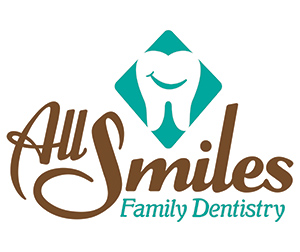There are a few topics that a pediatric dentist in Mill Creek will bring up. Them mentioning topics doesn’t make you a bad parent. Often, the conversations are to help prevent issues, or they could be to help you understand what is going on in your baby’s or toddler’s mouth.
Bottle decay is something that comes up regularly, so you are not alone if your dentist has mentioned it. It’s something to keep in mind, especially if you’re not at the stage of weaning off a bottle.
Milk and Formula Leave Bacteria Behind
Whether you express into a bottle or you use formula, your baby can suffer from bottle decay, and it’s something your pediatric dentist in Mill Creek wants to avoid as much as possible. The milk will leave behind bacteria in the mouth, and this leads to cavities in the teeth.
There are other problems, as well. Milk and formula contain sugars, some of them natural and some of them not, and if they’re left behind for long periods of time, they can cause problems with the teeth and gums. Then there are the natural acids that are included in breastmilk, and even formula has some acids. These will erode the enamel on the baby teeth.
The first teeth are weaker than adult teeth, because they’re not permanent. This can open them up to decaying faster, and while some teeth won’t be filled because they’ll fall out soon, it can mean fillings for the back teeth.
The good news is that it’s just like us with eating. You can limit bottle decay by brushing the teeth regularly after feeding.
It’s Common in Babies Who Soothe with Bottles
This is in no way a judgment on parenting. We do what we can to keep our babies happy as well as healthy, and some babies need a soother when it comes to falling asleep. Feeding on a bottle can be one of the ways to do it, but it is a common way for bottle decay to become a bigger problem.
Your pediatric dentist in Mill Creek will be able to talk about this clearly if it’s something that you do. The problem is that the milk or formula will sit on the teeth for longer, as you don’t want to wake a sleeping baby to brush their teeth after the bottle. Then the child’s saliva production slows while they sleep, making it harder to get rid of the bacteria in the mouth.
It’s worth finding other ways to help your child sleep if you can, which is why a pacifier can be a good option. However, don’t dip the pacifier in a liquid first, as it just leads to the same issue that causes bottle decay.
The best thing you can do is start an oral hygiene routine early. Your pediatric dentist in Mill Creek will be able to go through the specific risks of bottle decay in your child, so that you can set up the best plan of attack and avoid future issues.
